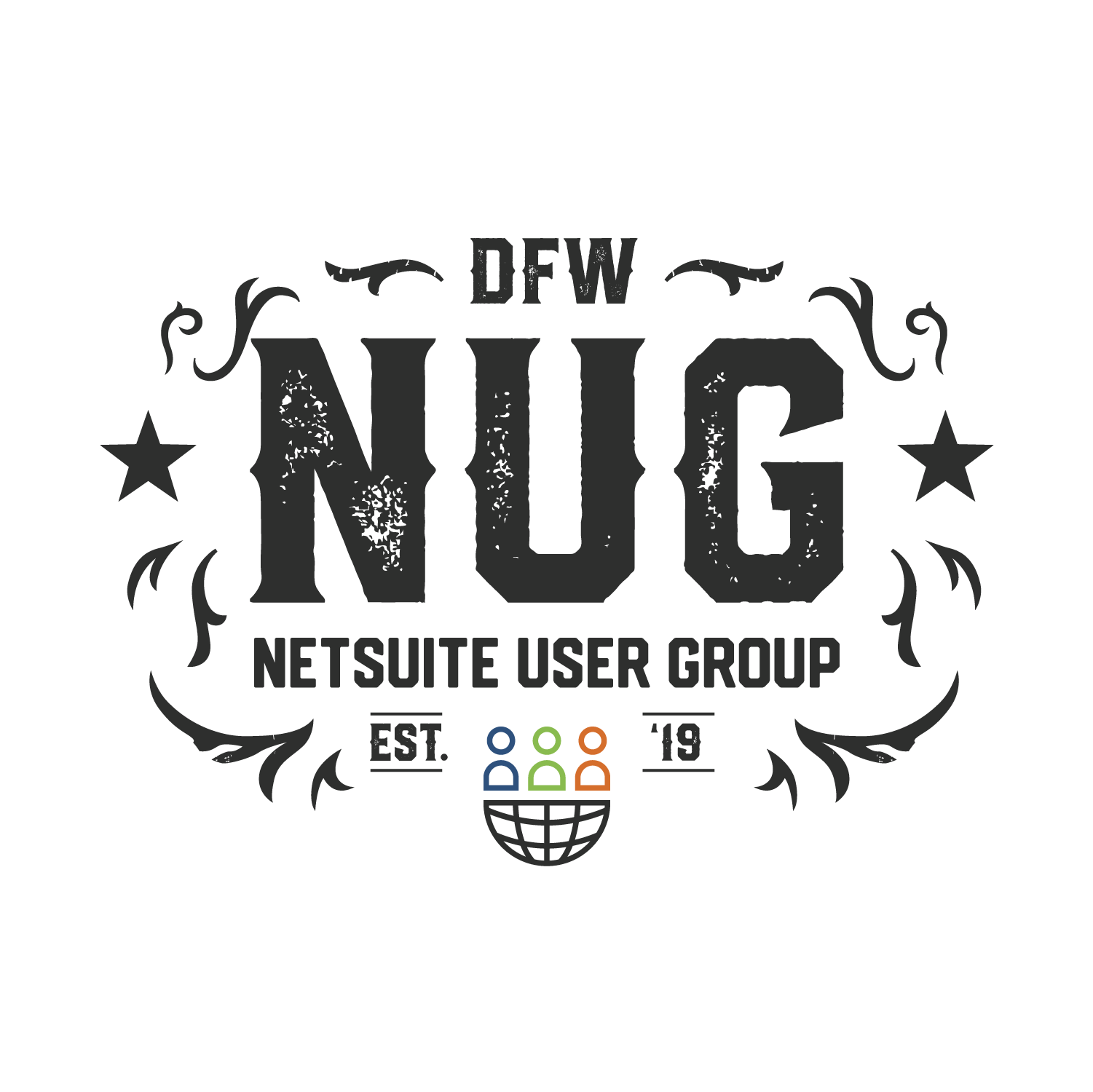
Small businesses can leverage data analytics to optimize daily operations and growth efforts. This guide to business data analytics for smaller companies covers how to analyze business data and ways to use it to help your business.
How To Leverage Data Analytics For Small Businesses
When data is everywhere, small businesses can leverage their databases and information to support their business operations and goals. Analyzing business data can help your small business best optimize its available resources and information. Here are four ways data analytics can help your small business:
1. Improve Understanding of Customers
Your customers drive your business. Knowing their needs and wants can tailor your company operations while ensuring customers have an optimized experience. Customer data can reveal several critical aspects of behavior, including:
- Why they choose your brand.
- Why they complete purchases or abandon carts.
- Why they make repeat purchases.
- Why they recommend your brand to others.
- Why they switch to a competing brand.
Your customers are complex individuals, and many companies have multiple marketing segments. Analyzing business data can allow your company to visualize different groups better, so you can outline each segment's priorities and needs. From improving customer service approaches to tailoring marketing content, companies with a higher understanding of their customers have higher customer retention and loyalty.
Companies can also use data analytics for small businesses to reach new audiences and customers. Data collection and analysis scale with your company's needs. When you want to target new marketing segments, your data analysis strategies can provide the information you need to find customers in that segment and successfully grow your business.
2. Cut Costs
Your data can highlight how you use your resources and processes. Automation and tracking allow companies to understand how well tools function with live reports and status updates that offer increased visibility. Data analysis lets you know how well your resources and tools are serving your business.
You can understand where your business is overspending on resources and tools through data reports and performance tracking. For example, you might purchase new printer paper each month. Data analytics might show that your paper use is low enough that one order could last two months. Analysis can identify areas where you need to make adjustments to meet your budget better and reduce costs.
3. Boost Efficiency
While data analytics tools can help small businesses identify areas of overspending, they can also point out inefficient processes that need improvements. Data analysis increases visibility across companies, departments and teams, allowing you to understand your workflows and functions better. Time estimates and lead times can help you see where projects might get lost in backlogs or teams lack prioritization.
You can streamline and specify improvement efforts by analyzing your company's performance data and adjusting your processes. Your improved processes can provide stronger services to your customers to improve relationships with them and deliver more content they want from your company.

4. Identify Trends and Patterns
Predictive insights are a significant benefit of business analytics. When you begin collecting and tracking data, saving past information to create a historical database allows you to identify trends and patterns in your industry and market. Historical data helps you understand past conditions and situations to identify causes for events and market behavior. As you collect new data, you can recognize when specific factors return, allowing you to make proactive decisions over reactive ones.
Having a proactive approach is essential for smaller businesses. Larger organizations have the resources and budget to spare in unexpected events, but uncertainty can damage small companies. Some situations you can predict with data analytics include:
- Changes in demand: Demand rises and falls due to various market conditions. Tracking these demand patterns can alert small businesses when demand might change again, so you can respond adequately with your supply processes. A proactive response to demand can protect your finances while meeting customer expectations and needs.
- Shifts in customer behavior or makeup: Market factors might cause customers to change how they act. They may start abandoning carts more often or choosing competitors. Historical data analysis in business can allow you to understand customer behaviors in the present and predict how they might react to changes in the future.
- Supply chain issues: Your suppliers and distributors will have patterns and trends you can use to predict their behavior. For example, distributors might have an increase in delivery volume, causing packages to take longer to reach their destination. Historical data and predictive analytics can help you stay ahead of these situations to communicate better with your customers and develop proactive processes.
- Technical problems: Server crashes and Wi-Fi outages can impact internal operations and customer interactions. You can better prepare for these situations by analyzing data collected around that time. Your analysts might recognize causes or contributing factors, so they can watch incoming data and react more quickly when conditions repeat themselves.
Historical data has many functions. You can also use these datasets to track growth, helping increase motivation and morale when progressing toward goals.
How Small Businesses Can Utilize Data Insights
Your data can serve you in several ways. Using your data strategically can strengthen your company's relationship with customers. Some ways you can deploy your data insights include:
- Personalizing marketing materials: Personalization is a powerful tool for forming relationships with new and existing customers. Adding their name to emails and promotions shows you see them as individuals and appreciate their investment and commitment to your brand. Even sending them a birthday message can create a positive image of your brand.
- Catering to customer preferences: Collecting customer data and analyzing their behavior can help you understand their preferences, so you can better tailor your actions. For example, customers might prefer a certain social media platform. You can focus your marketing strategies on that app to deliver the content you know will reach your target audience.
- Automating online interactions: Along with customer preferences, your data can help you identify areas you can make more efficient and where you can implement tools. Automation allows businesses to help customers while keeping employees working on essential tasks. AI-powered chats can be a useful way to use your data. You can tailor responses and options based on your customers' needs, creating a more impactful resource for them.
Your data can transform your business. Implementing these data analysis techniques can help you better connect with your customers and develop more robust services they'll love.
Leverage Big Data With NetSuite and The Vested Group
When you want to discover the power of your company's data, the right partners and resources can help you tap into its full potential. The Vested Group offers data analysis services for small businesses. We help companies integrate and optimize NetSuite, an enterprise resource planning (ERP) software. From ERP and NetSuite consulting to post-installation support and customization, your company receives a full range of resources when you work with The Vested Group as your NetSuite provider.
Contact us today and discover how NetSuite and The Vested Group can help your small business best use your data.






